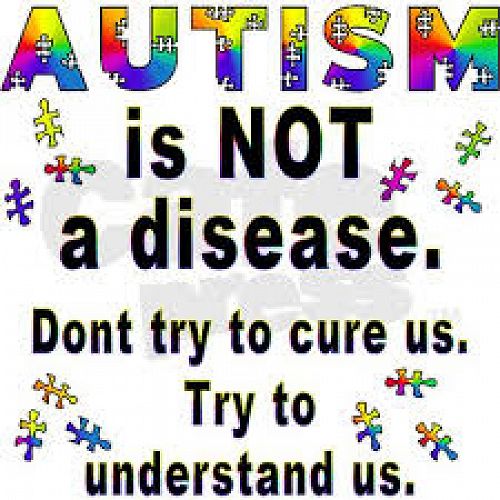
World Autism Awareness Week: 3-7 April. What is Autism Spectrum Disorder?
Autism spectrum disorder, or ASD, refers to a group of developmental disorders. The condition is different for each person, and they will all have different symptoms, skills and levels of disability, depending on where they fall on the spectrum.
People with ASD will usually have social difficulties, which impacts the way they communicate and interact with others.
This will affect their ability to function socially, whether at school, work, or in other areas of their lives.
They will also often demonstrate repetitive behaviours, as well as limited interests or activities.
Symptoms range from a mild impairment to a severe disability.
recognise behaviours in older children.
The most common symptoms include:
- Repeating certain behaviour or behaving unusually
- Being overly focused on certain things, such as moving objects or parts of objects
- Having a long-lasting and intense interest in certain topics – especially numbers, details or facts
- Getting upset by a slight change in routine, or being placed in a setting that is new or overly stimulating
- Making little or inconsistent eye contact
- Looking at and listening to people less often
- Responding in an unusual way when people show anger, distress or affection
- Failing at or being slow to respond to someone calling their name, or trying to get their attention with other verbal cues
- Speaking at length about a favourite subject, and not noticing that those around them aren’t interested – or not giving them a chance to respond
- Struggling to keep up with the back and forth of conversations
- Having facial expressions, gestures or movements that don’t match what is being said
- Finding it difficult to understand another person’s point of view, or being unable to understand other people’s actions
Other common difficulties include being sensitive to light, noise, clothing or temperature.
They may also have trouble with their sleep, have digestion problems and be prone to irritability.
Gallery

